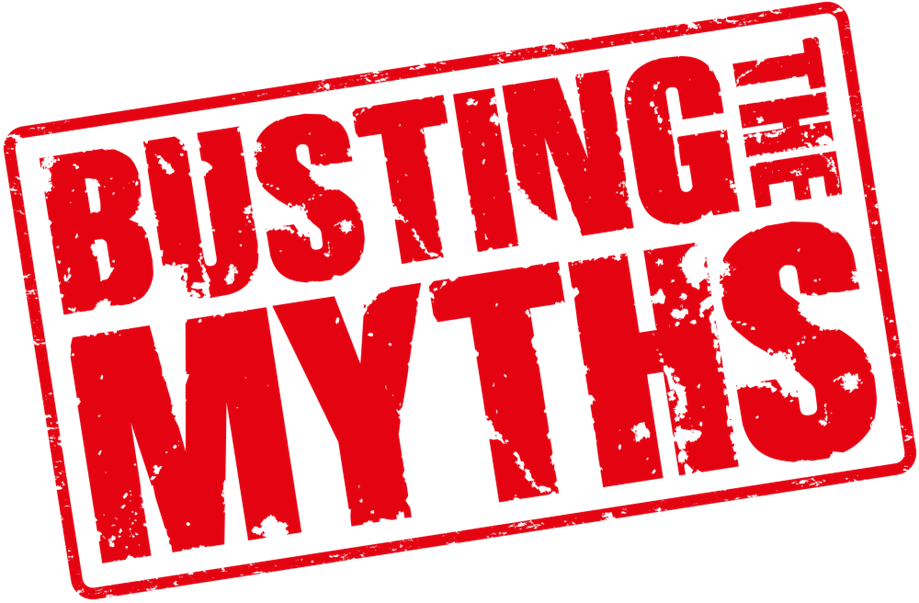Phrases are throughout us. They’re legion, ubiquitous and omnipresent in our every day lives. They dwell in households, possess histories, slide and break into elements, and join throughout worlds, separating and connecting us. And but, curiously, few of us understand how we purchase them, study them, join them, and educate them finest.
It was my situation of relative ignorance – as an English trainer no much less – that prompted a deep exploration of phrases. Inquisitive about their roots, their previous, their subject-specific uniqueness, I piled into the world of phrases and the way we might finest educate them. Alongside the way in which I learnt vital myths about vocabulary growth and express vocabulary instruction that wanted busting:
Fable 1: ‘We simply develop our vocabulary just by being at college – it doesn’t want instructing’
From quickly after our start, to the tip of our days, our personal private word-hoard is rising, deepening and altering. Like most myths, there may be a few of fact on this assertion. By attending faculty and going by means of the pure levels of language growth, youngsters purchase new vocabulary (at the least 2000 to 3000 phrases a yr by many estimates). We additionally know, nevertheless, that express vocabulary can show a vital increase for vocabulary growth.
Certainly, we have to get youngsters endeavor numerous wealthy, tutorial discuss, however this alone will show inadequate. Kids additionally must learn broadly – studying the uncommon phrases present in fiction and non-fiction texts, however seldom utilized in our every day discuss. After all, it may be arduous for a kid to learn extra problem texts if their vocabulary is restricted. By combining tutorial discuss, studying, in addition to endeavor express vocabulary instruction, we take a deliberate and intentional strategy to language growth that advantages each baby.
Fable 2: ‘There are just too many phrases to show.’
One widespread cause for rejecting the express instructing of vocabulary is that there are just too many phrases to show. With at the least three quarter of one million phrases within the English language (extra in the event you add in scientific classifications) we merely can’t educate all of them. A graphic analogy has labelled it “spitting within the ocean”! And but, fortunately, if we explicitly educate youngsters phrases every day, notably reinforcing understanding as we learn, pupils can study as much as 4 occasions as many phrase meanings for phrases they encounter. Kids study most of their vocabulary by the way over time, by means of discuss and impartial studying, however explicitly being taught as few as 400 new phrases can provide up connections and understanding of numerous hundreds extra.
Fable 3: ‘I already educate vocabulary… utilizing glossaries and dictionaries.’
Vocabulary pervades all studying at school, however the presence of educational phrases are so ubiquitous that busy lecturers can assume now we have taught phrases properly, however the fact is pupils share a shallow understanding of such phrases. Not solely that, a few of our go-to assets merely don’t work very properly.
The trusty dictionary is at all times a great tool for the classroom, however we should always take care to not make assumptions. Utilizing a dictionary efficiently requires a whole lot of background information. Given a phrase that they don’t know that has a number of meanings, pupils will invariably defer to the primary definition, or the shortest and easiest definition. Researchers have proven how the dictionary may be poorly utilised and the way phrases in context of the sentence may be unhelpful and even misdirective. A glossary, stripped from numerous useful exemplification can show equally restricted. Don’t get me began on the “you may simply look it up” fallacy! Kids want deep phrase information for an efficient net search, like most studying; indeed, our college students want between 95% and even 98% phrase information for studying comprehension.
Fable 4: ‘I don’t have time to explicitly educate vocabulary – I’m too busy instructing Science.’
At each key stage and part in faculties we discover lecturers struggling to fulfill the calls for of the curriculum. Confronted with high-stakes assessments in main faculty, topics like Science, Music or Geography can too simply be shunted to the margins. Then in secondary faculty, topic lecturers really feel burdened to cram plenty of data into the slim parameters of obtainable curriculum time.
We are able to too simply think about that instructing college students the Science content material or the Historical past content material sees vocabulary instruction as extraneous. The fact is that unlocking the language of our topic domains is crucial to understanding, whether or not that’s greedy the vocabulary of science, that of arithmetic, the vocabulary of Historical past, and extra. Certainly, for many college students, how literate you might be – the breadth and depth of your vocabulary – correlates along with your success in Science together with many different topic domains.
This nice graphic by Oliver Caviglioli citing Neil Postman neatly summarises my level:
Fable 5: ‘Isn’t express vocabulary instructing only for these struggling ‘phrase poor’ college students?’
Too typically, vocabulary instruction is seen as a sticking plaster intervention to assist these college students who’ve English as a further language, or who’re battling studying difficulties. Now, we all know that express vocabulary instruction is vital for kids with studying difficulties, or those that are in danger on this regard. Crucially although, paying shut consideration to phrases is helpful for each baby. The depth of data provided by exploring vocabulary – their histories (etymology), elements (morphology), households, connections, synonyms and antonyms – can show difficult, inspiring and motivating to probably the most superior college students as a lot as those that are struggling to entry the educational language of the college curriculum.
Yow will discover out extra in my e book, ‘Closing the Vocabulary Hole’, accessible on Amazon HERE and Routledge HERE. I additionally do ‘Closing the Vocabulary Hole Masterclasses’ for Teachology HERE (in Could, June and December).

